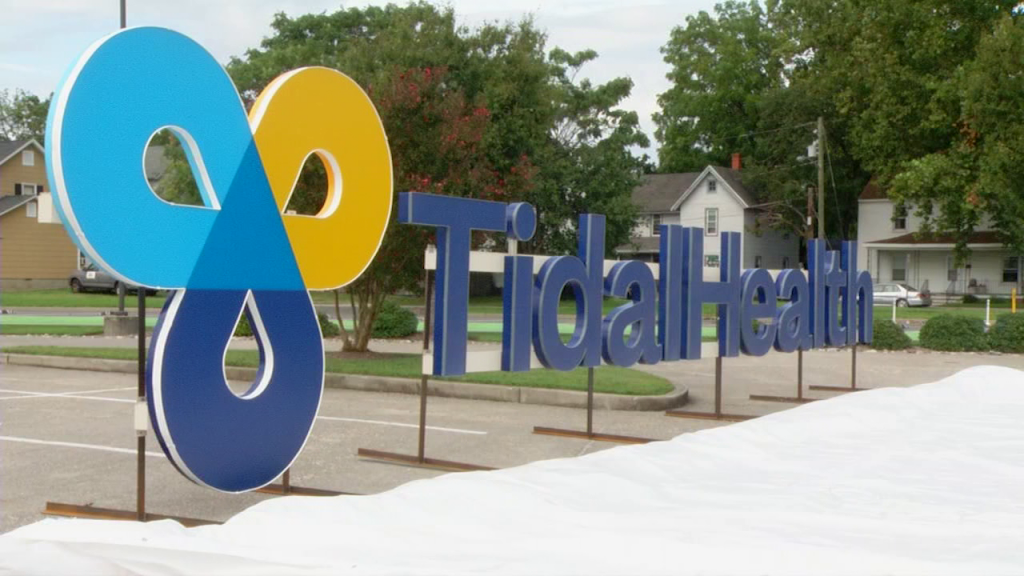Sussex County residents get educated on rain barrels; gathering and preserving rainwater
BLADES, Del – According to the Delaware Climate Office, Delaware averages about four feet of precipitation per year, and much of that rain can be lost in run-off impacting local waterways. That’s why the Department of Natural Resources and Environmental Control’s (DNREC) Division of Watershed Stewardship is showing community members how easy it is to collect and preserve rainwater.
Phil Miller, a marketing specialist with DNREC showed 47 ABC and participants at the rain barrel workshop the process. “So the main thing is, all you have to worry about is how you’re going to get the water in and how you’re going to get the water out,” says Miller. First, you’re to drill three holes in a barrel, one for the spigot, one for the drain, and one in the back for the down-spout connection. “So that will be attached to your gutter on your roof and that’s how we collect water from the rooftop,” says Miller.
Next, come the rubber fittings and once those are installed, you’ll want to grab a black pipe that connects to the down-spout hole to catch run-off rainwater. Miller tells 47 ABC, that the rain barrel doesn’t just collect water, it can help reduce erosion, slow down storm surges, and save money. “The quality of water is not that great and I have well water so, it’s always on my mind and this is the first step in learning how to collect rainwater,” says Veronica Lopez, a Blades resident.
One Seaford resident, Heather Anderson-Callis tells 47 ABC, that her family wanted a self-sustaining lifestyle so the rain barrels fit right in. Whether gardening or washing your car, participants say extra water comes in handy. “We wanted to get off the grid, so going solar, rain-water, well-water, septic, that kind of thing,” says Anderson-Callis. She adds, “Especially with the economy going up and the prices of everything going up it’s a way to save money.”
Miller, also tells us working with and educating residents about resourcefulness is the most rewarding part of it all. “Especially in a setting like this right on the water, get a chance to kind of connect with our local waterways and share some information on how we can protect them.” Lopez adds, “If these are the ones that DNREC uses then I’m going to feel confident using these.”
Miller also says rainwater should not be used for drinking or for watering your vegetable garden.
For more information on rain barrels and how you can get supplies, visit the Division of Watershed Stewardship.
Or click here for more information about watersheds.


